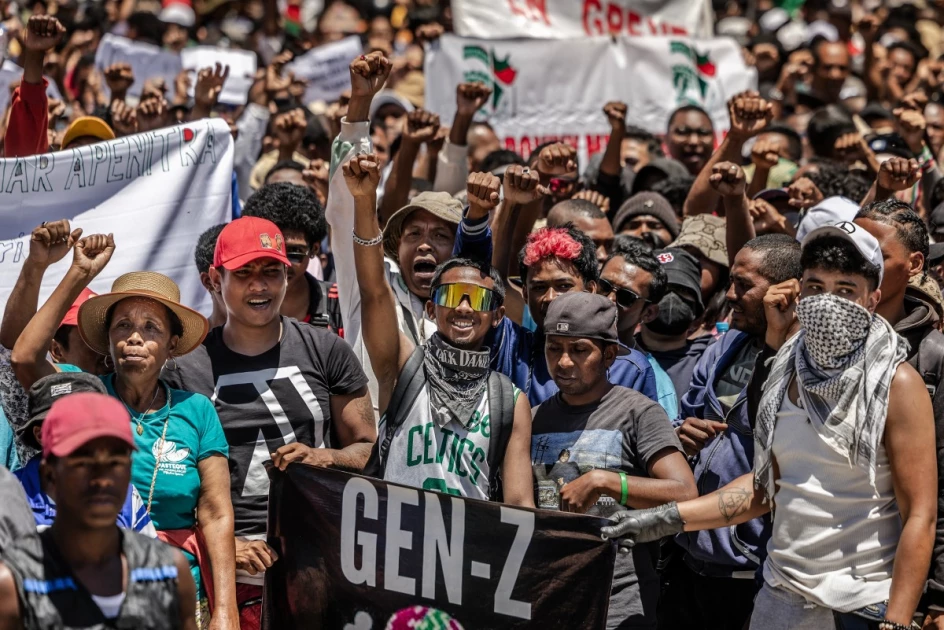Madagascar military coup and Gen Z reshape political landscape

Madagascar is navigating a period of intense political turbulence following a wave of youth-led protests and a military takeover that forced President Andry Rajoelina from office, the BBC reported on October 21.
The protests, spearheaded by the Gen Z Mada movement, initially focused on chronic water and electricity shortages in the capital, Antananarivo, but quickly escalated into broader calls for political reform, denouncing corruption and demanding accountability from the government.
The movement has relied heavily on social media to organize demonstrations, rallying support across multiple cities and engaging civil society groups.
The unrest reached a tipping point when two leading city politicians were arrested for attempting to organize a peaceful demonstration, a move widely viewed as an attempt to silence dissent. Public outrage intensified, with protests spreading to eight additional cities and drawing the attention of labour unions and opposition leaders.
Demonstrators waved banners demanding the resignation of Rajoelina, while also calling for the cleaning up of the National Assembly and the dissolution of key governmental bodies perceived as corrupt or complicit.
 Amid the growing instability, the Malagasy elite military unit CAPSAT intervened, taking control of the government and claiming its actions were aimed at restoring democracy. Colonel Michael Randrianirina, the head of CAPSAT, appealed to security forces to refuse orders to fire on protesters and pledged that the military would work alongside a civilian transition government for a maximum of two years before holding new elections.
Amid the growing instability, the Malagasy elite military unit CAPSAT intervened, taking control of the government and claiming its actions were aimed at restoring democracy. Colonel Michael Randrianirina, the head of CAPSAT, appealed to security forces to refuse orders to fire on protesters and pledged that the military would work alongside a civilian transition government for a maximum of two years before holding new elections.
The Lower House of Parliament quickly voted to impeach Rajoelina, effectively ending his administration and confirming the military’s de facto control.
In a further move to stabilize governance, Randrianirina appointed businessman Herintsalama Rajaonarivelo as prime minister on 20 October. The decision was justified by Rajaonarivelo’s experience and international connections, intended to support the transitional administration as it prepares the country for future democratic elections.
However, Gen Z Mada criticized the appointment on Facebook, regarding the move as as “non-transparent” and lacking “consultation”. The military maintained that the civilian-military partnership would guide Madagascar toward political stability over the next 18–24 months.
The protests and military transition reflect deep structural challenges in Madagascar, one of the world’s poorest countries, where three-quarters of the population lives below the poverty line. Limited access to electricity and ongoing shortages of basic services exacerbated frustration with the government and amplified youth-led demands for systemic change.
Analysts warn that the ongoing oversight by civil society and the military’s approach to the transition will be critical to whether the country can achieve sustained political stability or risk further unrest.
BBC, Maghrebi.org
Want to chase the pulse of North Africa?
Subscribe to receive our FREE weekly PDF magazine










